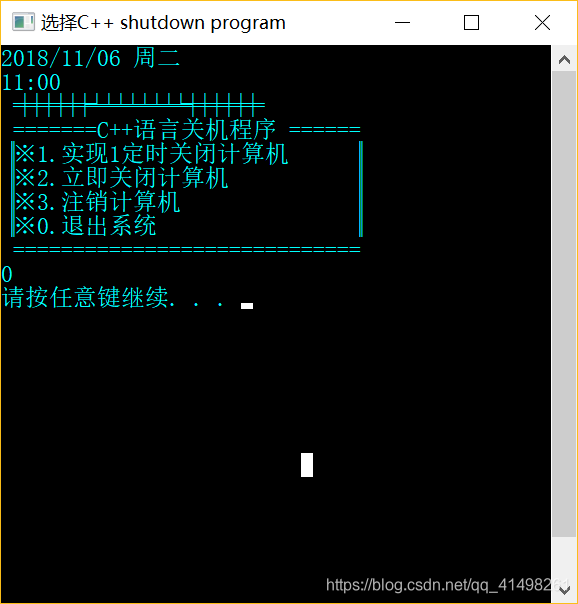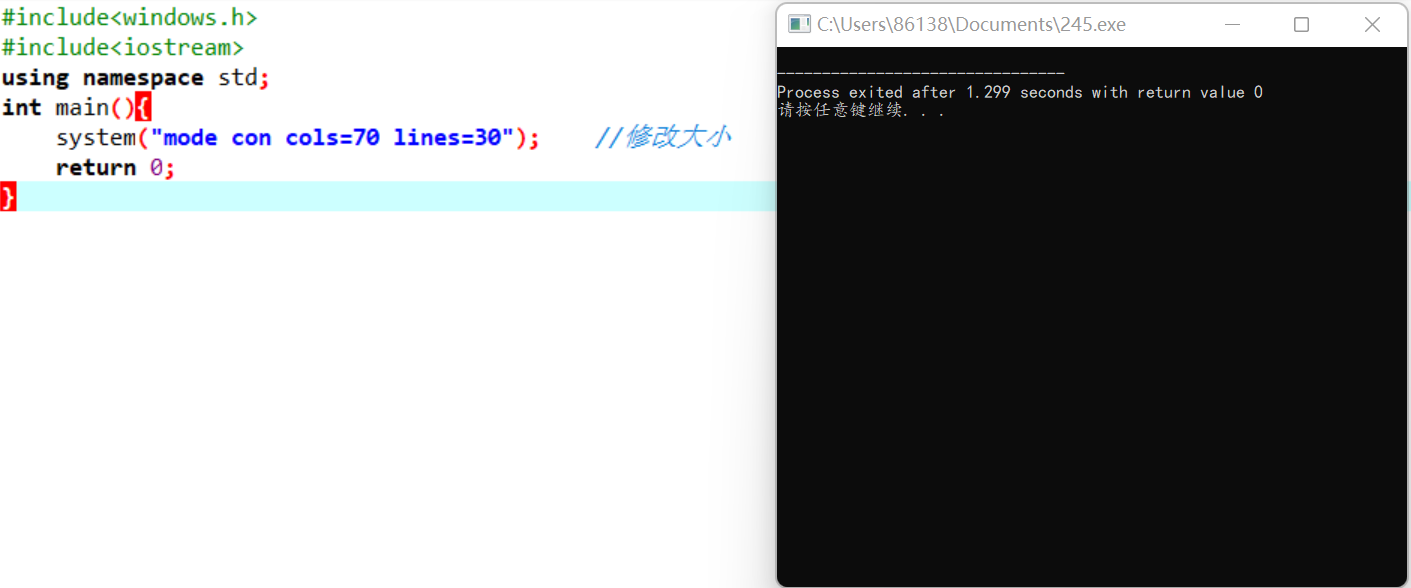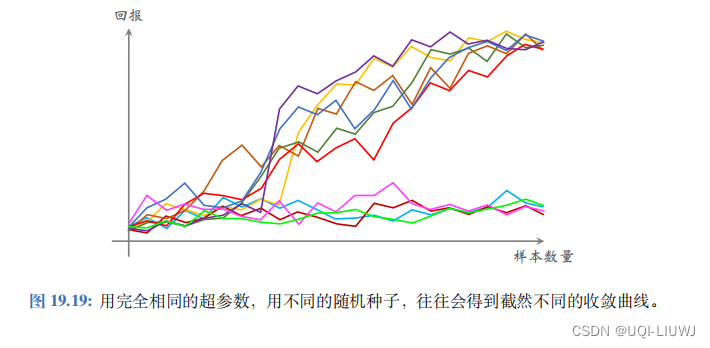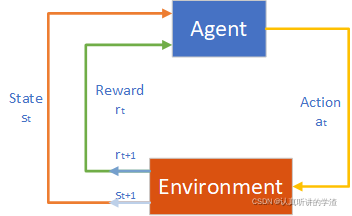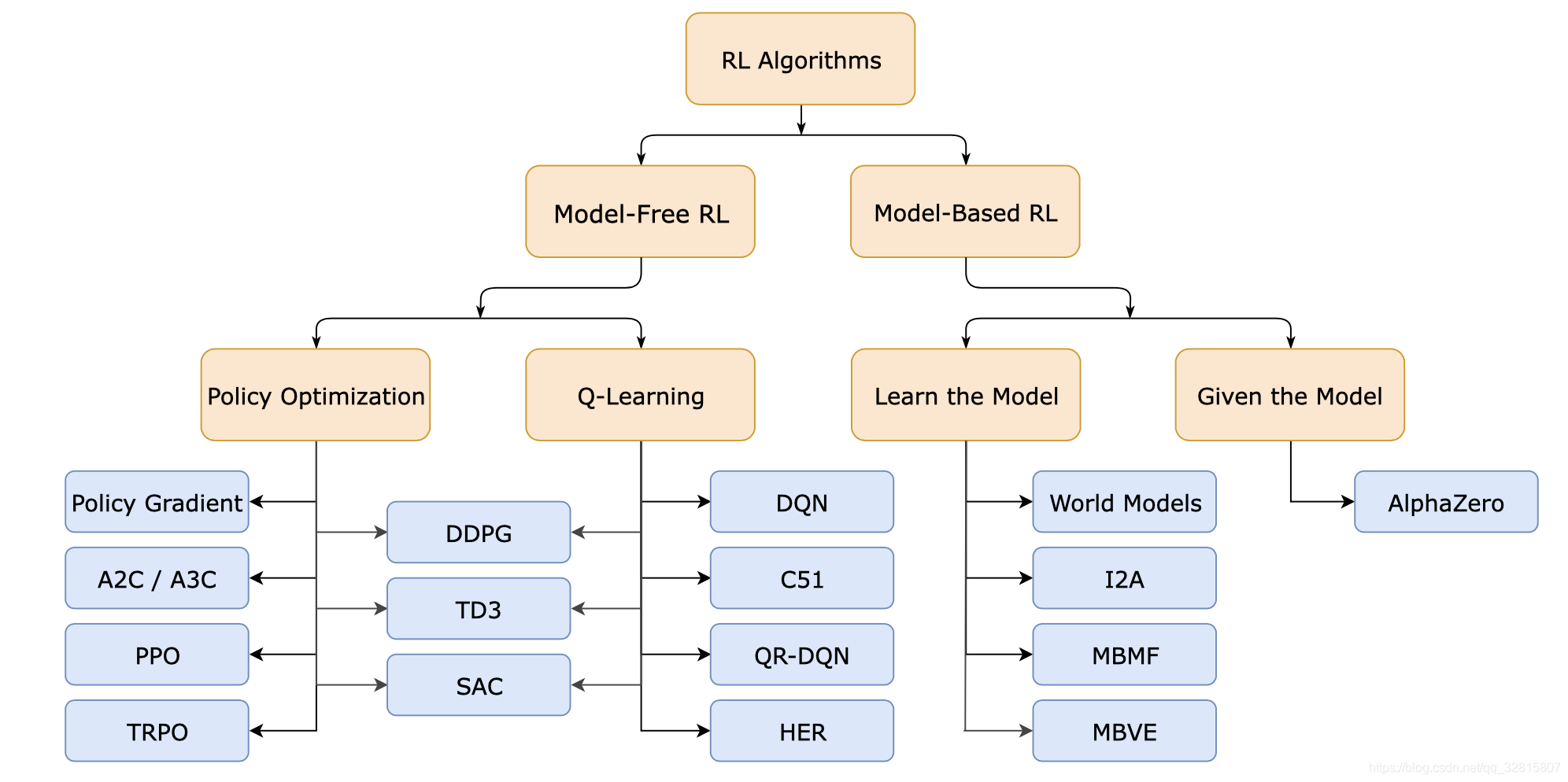一、关于system函数
#include <stdlib.h>int system(const char *command);
返回值:成功,返回进程的状态值;当sh不能运行时,返回127;失败,返回-1。
源代码如下:
int system(const char * cmdstring)
{pid_t pid;int status;if(cmdstring == NULL){return (1);}if((pid = fork()) < 0){status = -1;}else if(pid == 0){execl("/bin/sh", "sh", "-c", cmdstring, (char *)0);-exit(127); }else{while(waitpid(pid, &status, 0) < 0){if(errno != EINTER){status = -1;break;}}}return status;
}
通过源代码涉及三个函数:fork()函数、waitpid()函数、以及execl函数。因此,只有这三个函数全部顺利运行才可以实现system函数。
实现步骤为:判断输入的字符串是否为空,随后调用fork函数创建子进程,通过子进程调用shell脚本对cmd字符串中的文件进行实现。
system函数的运用:
//待修改文件
LENG =0 //待修改数据初始值
HIGH =8
SPEED =9
HIGH =2
#include <sys/types.h>
#include <sys/stat.h>
#include <fcntl.h>
#include <stdio.h>
#include <string.h>
#include <stdlib.h>int main()
{int fdSrc;char *readBuf = NULL;fdSrc = open("./config.txt",O_RDWR);int size = lseek(fdSrc,0,SEEK_END);readBuf = (char*)malloc(sizeof(char)*size);lseek(fdSrc,0,SEEK_SET);read(fdSrc,readBuf,size);char* p = strstr(readBuf,"LENG =");if(p == NULL){printf("found error\n");exit(-1);}p = p+strlen("LENG =");*p = '8';lseek(fdSrc,0,SEEK_SET);write(fdSrc,readBuf,strlen(readBuf));printf("change success\n");close(fdSrc); return 0;
}
使用system函数进行调用:
#include <stdio.h>
#include <stdlib.h>
int main()
{int status;int num;pid_t pid;while(1){printf("Please insert the num\n");scanf("%d",&num);if(num == 1){pid = fork();if(pid < 0){perror("fork\n");}if(pid == 0){printf("before system\n");if((status = system("./changedata")) == -1){perror("system\n");}printf("after system\n");exit(0);}else if(pid > 0){wait(NULL);}}else{printf("no wait\n");}}return 0;
结果:

system函数的优点:
1、由于system函数的实现调用了shell命令进行,因此在传参时无需指定路径,shell会根据当前环境变量下寻找到该可执行程序。
2、使用system而不是直接使用fork和exec的优点是:system进行所需的各种出错处理以及各种信号处理。
3、与exec族函数不相同的是:system函数调用可执行文件后不会覆盖原程序。而是在调用处继续执行。

